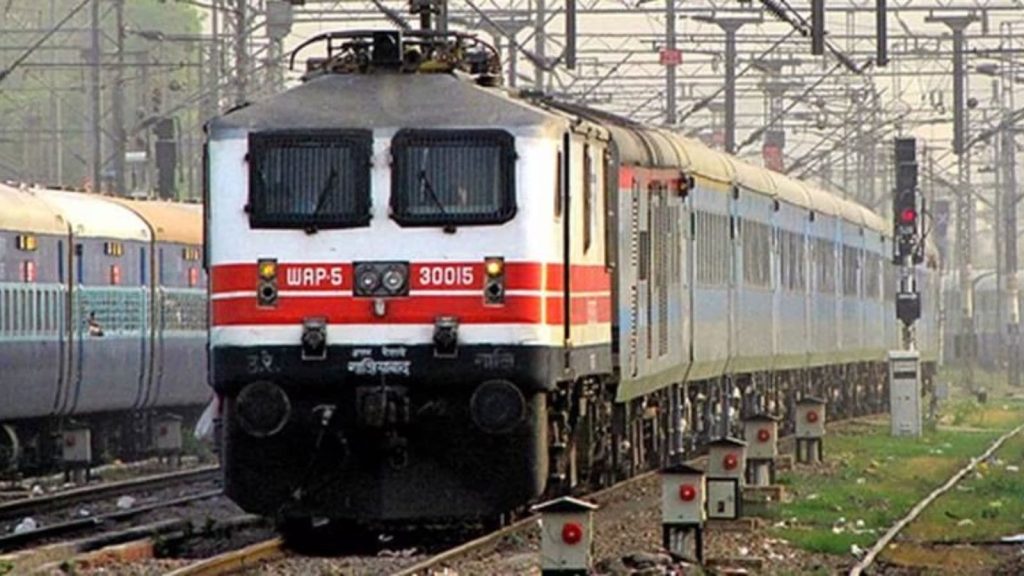Supreme Court Upholds Right to Family Pension for Widow of Temporary Railway Employee
New Delhi – In a significant ruling, the Supreme Court of India has set aside lower court orders and granted family pension to the widow of a temporary railway employee who died in harness just months shy of completing ten years of service. The Court, exercising its powers under Article 142 of the Constitution, also awarded an ex-gratia amount of ₹5,00,000 to the appellant, Mala Devi, considering her prolonged legal battle.
The case, Mala Devi v. Union of India & Ors., centered on the denial of family pension to the widow of Om Prakash Maharaj, who had served the Eastern Indian Railways for 9 years, 8 months, and 26 days as a “substitute” employee before his fatal accident at work on July 10, 1996.
The Railways had rejected the family pension claim on the grounds that the deceased’s employment was not regularized and his service period fell short of the 10-year minimum qualifying service required. This stance was initially upheld by the Central Administrative Tribunal (CAT), Patna, and subsequently by the High Court of Judicature at Patna. The High Court had cited that family pension is not admissible to the wife of an employee whose services were not regularized.
However, the Supreme Court, in its judgment delivered by Justices Sanjay Karol and Satish Chandra Sharma, found the respondents’ argument to be incongruent with the legislative intent of the Indian Railway Establishment Manual and the Railway Pension Rules, 1993.
The Court observed that Om Prakash Maharaj, having been appointed in 1986, had served continuously for a considerable period. It was noted that after completing one year of continuous service, passing his medical examination, and clearing a screening test for regularization, he had acquired the status of a temporary railway servant.
The judgment heavily relied on Rule 1515 of the Indian Railway Establishment Manual, which grants “substitutes” the rights and privileges of temporary railway servants after four months of continuous service. Furthermore, the Court highlighted Rule 75(2)(a) of the Railway Service (Pension) Rules, 1993, which entitles the family of a railway servant to a family pension after the completion of just one year of continuous service, irrespective of whether the post was temporary or regularized.
“On this ground alone, the denial of family pension accrued to the Appellant is unjustifiable,” the Supreme Court stated. The Court referenced a precedent, Prabhavati Devi v. Union of India & Ors., where relief was extended to the widow of a deceased railway servant who had acquired temporary status.
The Court criticized the respondents for depriving the appellant of her rightful pension by a narrow margin of just three months of service. It was emphasized that the deceased had passed the screening stage for regularization and was carrying out his duties until his death.
In its final decision, the Supreme Court allowed the appeal and overturned the orders of the High Court and the CAT. The Respondents have been directed to calculate and pay the arrears of the family pension, as well as commence regular payment to Mala Devi, within four months.

